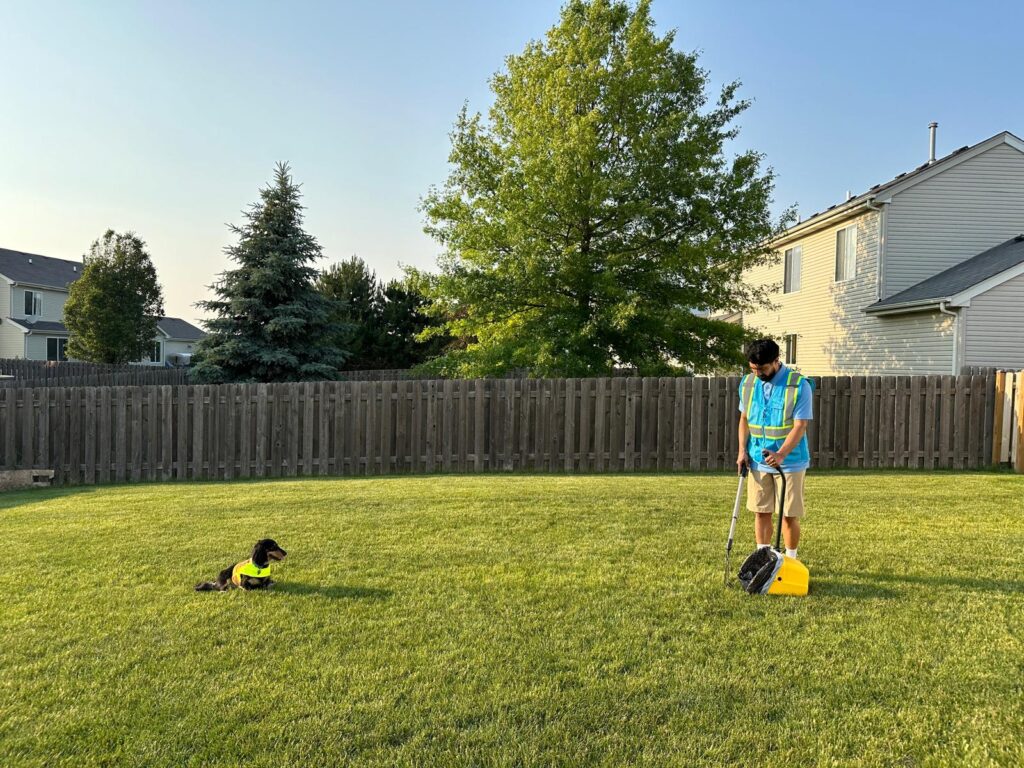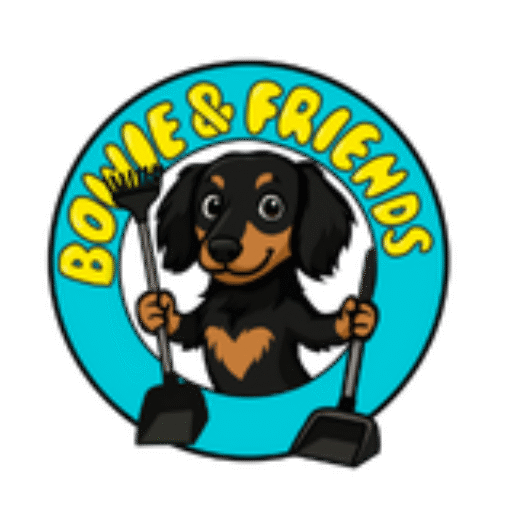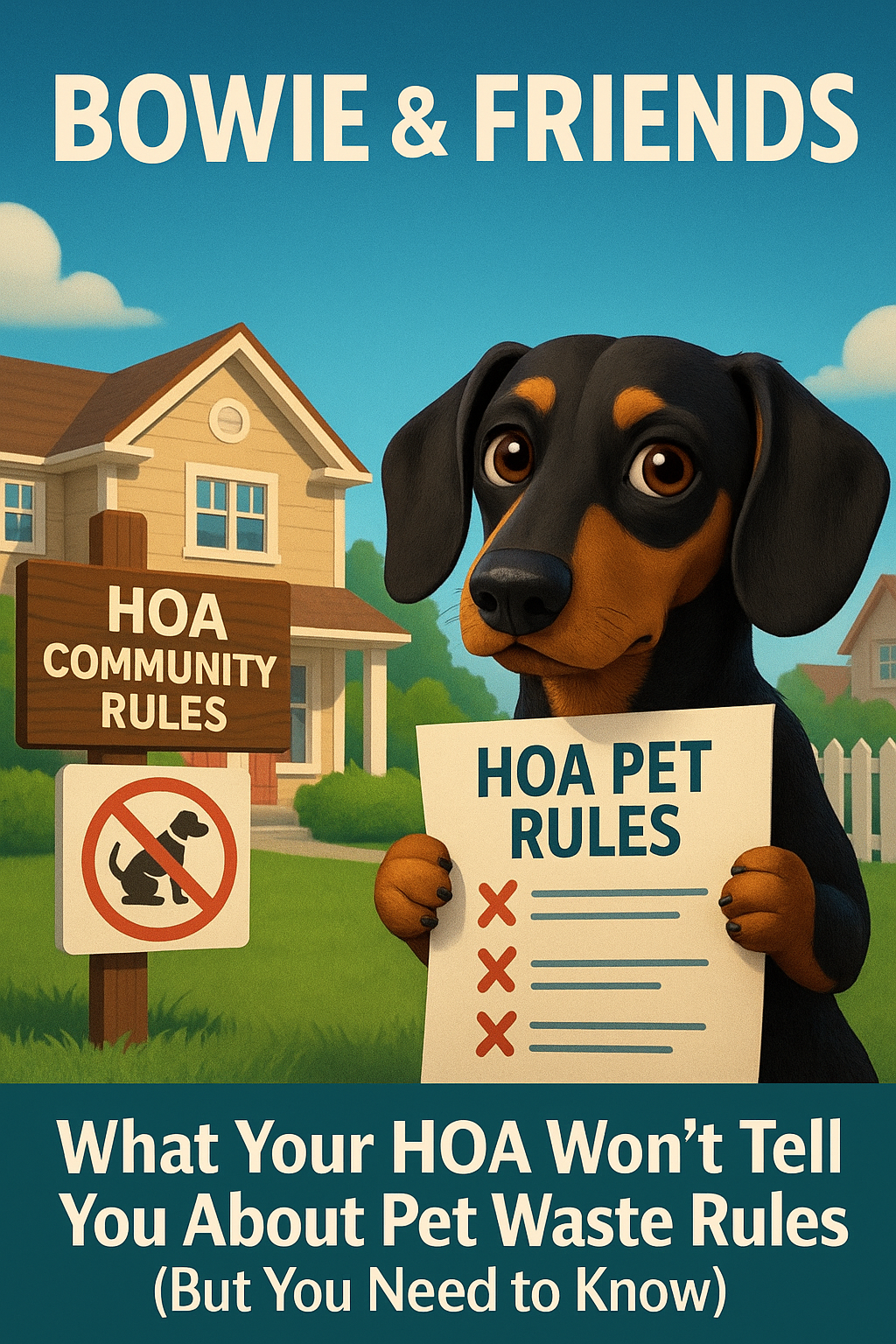If you live in a community managed by a Homeowners’ Association (HOA), you’ve probably seen reminders about cleaning up after your dog. Maybe it’s in the newsletter, posted at the park entrance, or written into the fine print of your homeowner agreement. But here’s the thing—what your HOA doesn’t tell you about pet waste rules can hurt your wallet, your reputation, and even your property value.
Let’s break down what most HOAs keep vague, and why understanding the full picture is key to avoiding surprises—and maintaining peace in your community.
1. HOAs Track More Than You Think
Many homeowners assume that unless someone sees the offense, it’s forgotten. But HOAs often act on anonymous neighbor complaints, security footage, or even drone monitoring in some developments. You may not realize that your yard or common area usage is under review—until you get that violation letter.
Even if you’re diligent about dog poop cleanup, all it takes is a missed pile (or a guest’s dog) to trigger a warning. And yes, multiple violations usually escalate to fines, even if they’re unintentional.
A professional pooper scooper service gives you an insurance policy against oversight. With routine cleanup, you’re covered—even on your busiest weeks.
2. “Common Area” Doesn’t Mean Shared Responsibility
It’s easy to think, “That wasn’t in my yard,” or, “Everyone’s dog uses this trail.” But here’s the reality: HOAs can hold individual homeowners responsible for waste near their property line, on adjacent sidewalks, or in designated pet areas if they suspect repeated neglect.
If you walk your dog along the same route every day, your address may get flagged. That’s why many residents opt for a dog poop removal service to maintain nearby zones—even beyond their fenced yard.
3. Fines Aren’t the Only Consequence
Yes, fines hurt. But so do the reputation hits that come with formal notices posted in meetings, emails, or community boards. Many HOAs publish violation lists or maintain resident records that can affect:
- Rental approvals
- Resale value discussions
- Community voting rights
- Access to shared amenities
A small issue like dog waste buildup can have lasting social and financial consequences in a tightly managed community.
4. Waste Disposal Is About More Than Just Picking It Up
Even if you pick up your dog’s waste, how you dispose of it matters. Some HOAs have strict guidelines against tossing poop bags in general trash bins, common area cans, or landscaping dumpsters.
Improper disposal could lead to complaints—even if the pile is gone. Using a licensed pet waste removal provider ensures that everything is collected, contained, and disposed of properly, using HOA-compliant and eco-friendly methods.
5. Your Neighbors Are Watching (and Complaining)
Most HOA violations start with a neighbor’s complaint. Whether it’s justified or not, perceptions matter. All it takes is one person seeing your dog near a lawn or smelling an odor to raise concern.
Regular service from a dog friendly pooper scooper technician prevents those complaints before they happen—by keeping your yard and its surroundings clean, odor-free, and defensible.

Stay Ahead of the Problem—Without the Stress
If your HOA isn’t telling you all this, it’s not to deceive—it’s just not their job to manage your personal cleanup habits. But make no mistake: they will enforce the rules. And ignorance won’t save you from consequences.
That’s where Bowie & Friends steps in.
We offer:
✅ Weekly and monthly dog poop cleanup services
✅ One-time cleanups for surprise inspections or events
✅ Transparent pricing and flexible plans
✅ Peace of mind that your HOA will never have a reason to complain
🏡 Ready to stay in good standing with your HOA—and your neighbors?
🌐 Visit bowieandfriends.com now to view pricing and schedule your pet waste removal service.
Because your yard should be your happy place—not your HOA’s next warning notice.


Leave a Reply
You must be logged in to post a comment.